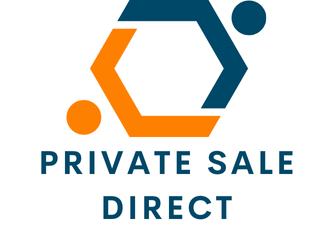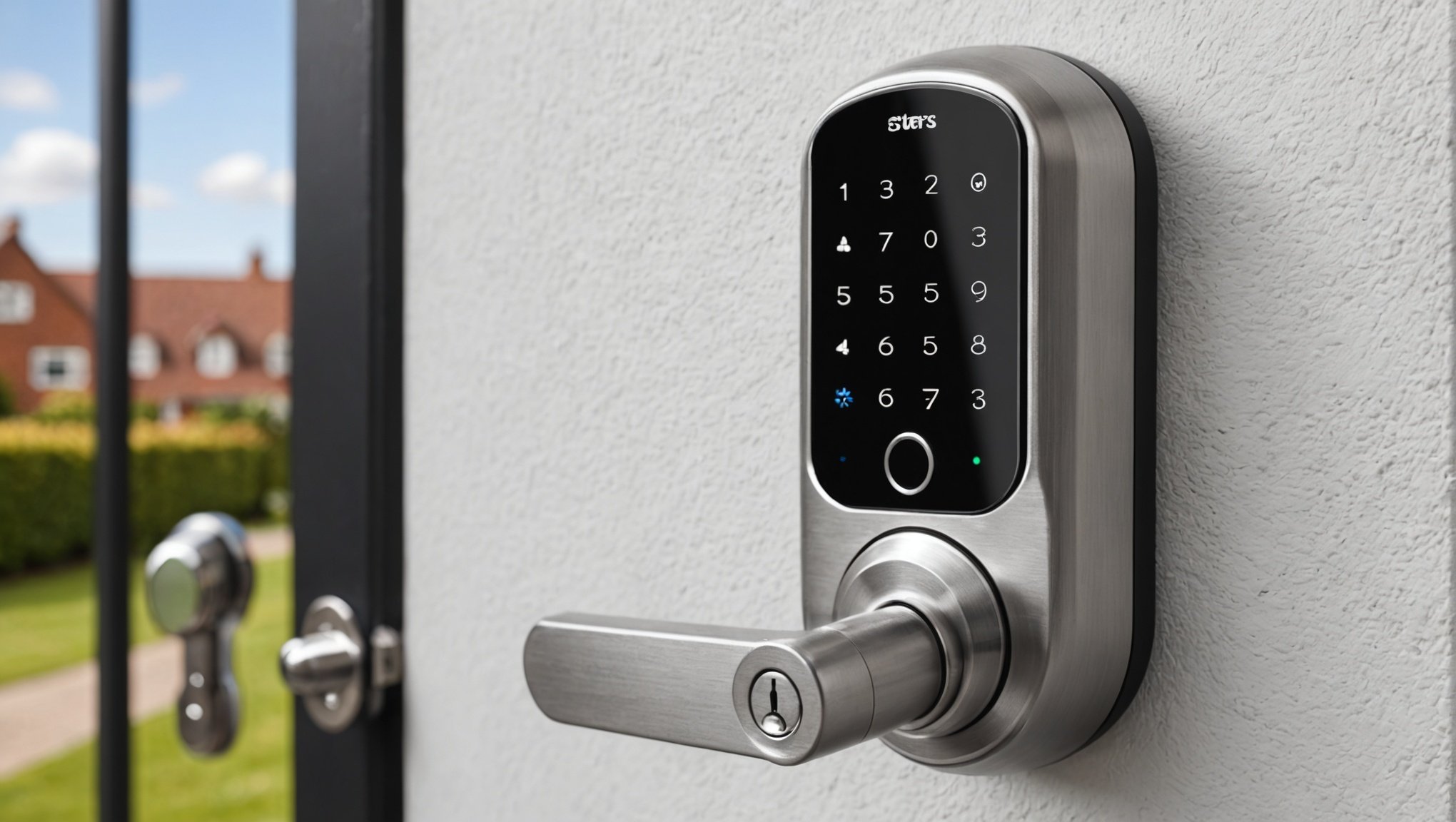Unlocking Safety: How Smart Locks Revolutionize Home Security Systems Across the UK
In the ever-evolving landscape of home security, smart locks have emerged as a game-changer, offering a blend of convenience, advanced security features, and seamless integration with smart home systems. This article delves into the world of smart locks, exploring how they are transforming home security in the UK and why they are becoming an essential component of modern home security systems.
The Rise of Smart Locks in Modern Homes
Smart locks are no longer a novelty but a necessity for many homeowners. These keyless entry systems are changing the way we secure our homes, making traditional locks seem outdated. Here’s why smart locks are gaining ground:
In the same genre : Crafting a Robust Cybersecurity Blueprint for the UK Healthcare Industry: Essential Strategies and Insights
Keyless Entry Systems
Smart locks operate without the need for physical keys, using technologies such as Bluetooth, Wi-Fi, and biometric scans to grant access. For instance, the Yale Conexis L1 Smart Door Lock allows you to open your door using your smartphone, physical key cards, or key tags, providing multiple layers of convenience and security[3].
Benefits of Remote Access for Homeowners
One of the most significant advantages of smart locks is the ability to control access remotely. Imagine being able to let a friend in while you’re at work or granting temporary access to a delivery person without having to be physically present. Smart locks like the Schlage Encode Smart Wi-Fi Deadbolt enable this through their mobile apps, ensuring you can manage who enters your home from anywhere[3].
In the same genre : Exploring the Frontier: Recent Developments in the UK’s Space Tourism and Commercial Flight Regulations
Enhanced Security Features
Smart locks are not just about convenience; they also offer enhanced security features that traditional locks cannot match.
Anti-Snap Technology and Drill Resistance
For homes in the UK, especially those with uPVC doors, anti-snap technology is crucial. Locks like the Ultion Euro Cylinder Lock come equipped with this technology, making it much harder for burglars to break the lock by snapping it in half[3].
Tamper Alerts and Geofencing
Smart locks often include tamper alerts, which notify you if someone attempts to force the lock. The Nuki Smart Lock Plus, for example, uses geofencing to prepare the lock for opening when you’re within a certain range, ensuring it doesn’t unlock unnecessarily[2].
Durable Materials and Certification
High-quality smart locks are made from durable materials like hardened steel or brass, providing long-lasting protection. The Yale Conexis L1, for instance, is BSI certified, meeting high security standards and UK insurance requirements[3].
Smart Locks: A Comprehensive Comparison
To help you make an informed decision, here’s a detailed comparison between traditional locks and smart locks:
| Feature | Traditional Locks | Smart Locks |
|---|---|---|
| Key Requirement | Physical key needed | Keyless entry options |
| Access Control | Limited to keys | Remote access and control |
| Security Features | Basic locking mechanism | Enhanced security features (e.g., alerts) |
| Convenience | Manual operation | Automated options available |
| Integration | Standalone | Compatible with smart home systems |
| Power Requirement | None | Battery or Wi-Fi powered |
Best Smart Locks for UK Home Security
When choosing the best smart lock for your home, several options stand out for their features and reliability.
Yale Conexis L1 Smart Door Lock
The Yale Conexis L1 is a top-tier smart lock that offers keyless entry, smartphone control, and tamper alerts. It is compatible with home automation systems and meets high security standards, making it an ideal choice for tech-savvy homeowners[3].
Nuki Smart Lock Plus
The Nuki Smart Lock Plus is known for its ease of use and compatibility with all major smart home platforms, including Apple’s HomeKit and Google Home. It features a built-in Wi-Fi module, eliminating the need for a separate hub or bridge[2].
Schlage Encode Smart Wi-Fi Deadbolt
The Schlage Encode Smart Wi-Fi Deadbolt offers seamless integration with Amazon Alexa and Google Assistant, allowing for voice commands and remote access via smartphone. It also includes a fingerprint-resistant keypad for added security[3].
Factors to Consider When Choosing a Smart Lock
Before investing in a smart lock, there are several factors to consider:
Deadbolt Style
Smart locks come in two main styles: deadbolt replacement or deadbolt adapter. The deadbolt replacement completely replaces your existing lock, while the adapter fits over the existing deadbolt, requiring less DIY effort[2].
Trigger Options
Choose a smart lock that offers multiple trigger options such as app control, code entry, fingerprint scanning, or geofencing. The SwitchBot Lock Pro, for example, offers 15 different unlocking methods, including NFC cards and voice unlocking[4].
Smart Integration
Ensure the smart lock is compatible with your existing smart home ecosystem. The Nuki Smart Lock Plus, for instance, is compatible with all major smart home platforms, including Matter, which makes it future-proof[2].
Installation
Consider the ease of installation. Some smart locks, like the SwitchBot Lock Pro, can be installed in minutes without altering the existing lock, while others may require more DIY effort[4].
Real-Life Benefits and User Experiences
Smart locks are not just theoretical improvements; they offer real-life benefits that enhance home security and convenience.
User Testimonials
“I recently installed the SwitchBot Lock Pro, and it has been a game-changer. The ease of installation and the multiple unlocking methods have made my life so much easier. Plus, the notifications keep me informed about who is entering my home,” says a satisfied user[4].
Practical Insights
For renters, smart locks like the SwitchBot Lock Pro are particularly useful as they do not require replacing the entire lock, making them a cost-effective and non-invasive solution[2].
The Future of Home Security: Integrating Smart Locks with Smart Home Systems
Smart locks are not standalone devices but integral components of a larger smart home ecosystem. Here’s how they can enhance your home automation:
Home Automation
Smart locks can be integrated with other smart devices to create a seamless home automation experience. For example, you can secure your smart lock and arm your home security cameras with a single command using a smart speaker or app[2].
Voice Commands and Geofencing
With smart locks compatible with voice assistants like Alexa or Google Assistant, you can control your home security with voice commands. Geofencing features ensure that your lock prepares to open when you’re near, adding an extra layer of convenience and security[2].: Why Smart Locks Are the Future
Smart locks are revolutionizing home security in the UK by offering a combination of advanced security features, convenience, and seamless integration with smart home systems. Whether you’re a homeowner looking to enhance your security or a renter seeking a non-invasive solution, smart locks provide peace of mind and a future-proof approach to home security.
As Paul Hibbert, a satisfied user of the SwitchBot Lock Pro, notes, “It’s also a far better-looking device and most importantly takes less than 10 minutes to install, doesn’t involve altering your existing lock in any way, and still allows you to use your normal house key to unlock your house.”[4]
In conclusion, smart locks are not just an upgrade but a necessity in today’s digital age. They offer enhanced security, convenience, and the ability to control your home’s access from anywhere, making them an indispensable part of any modern home security system.











